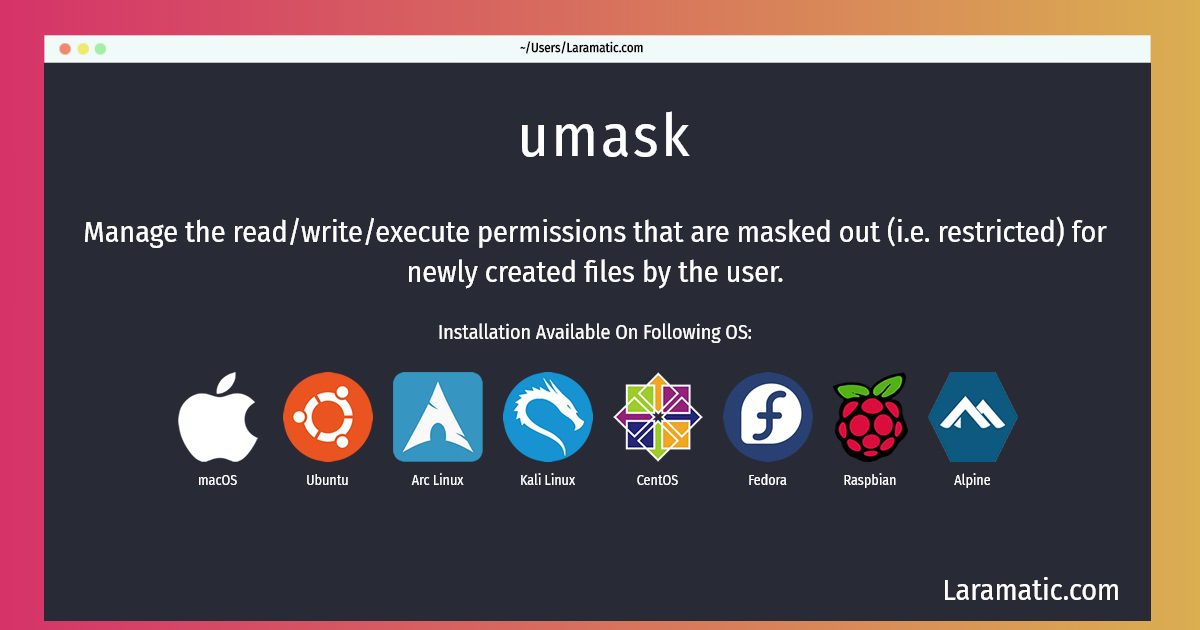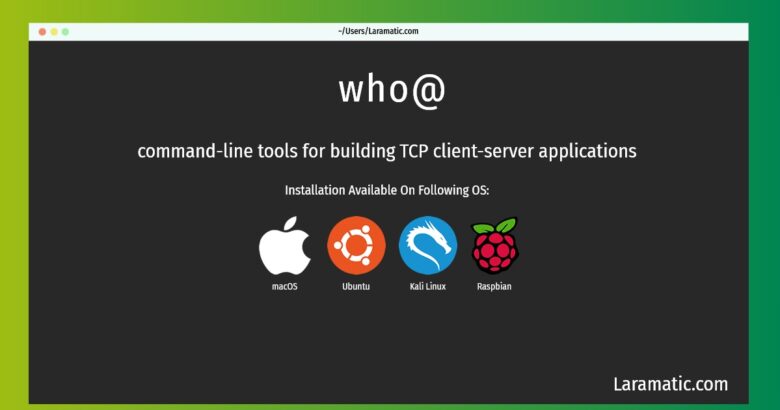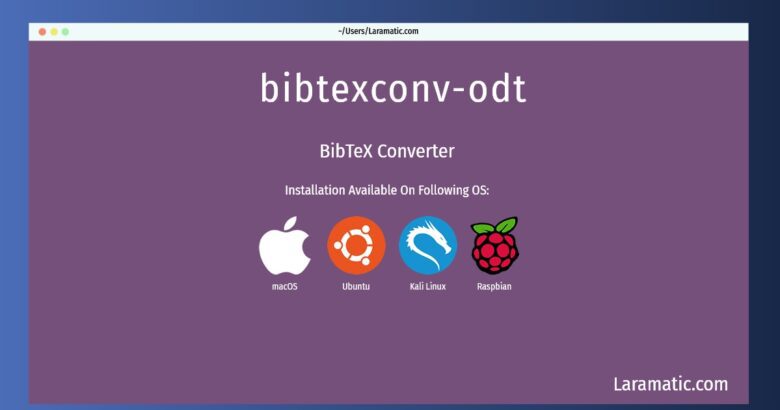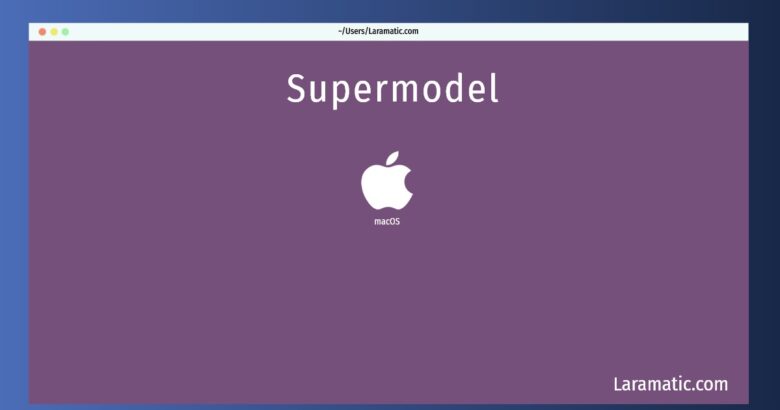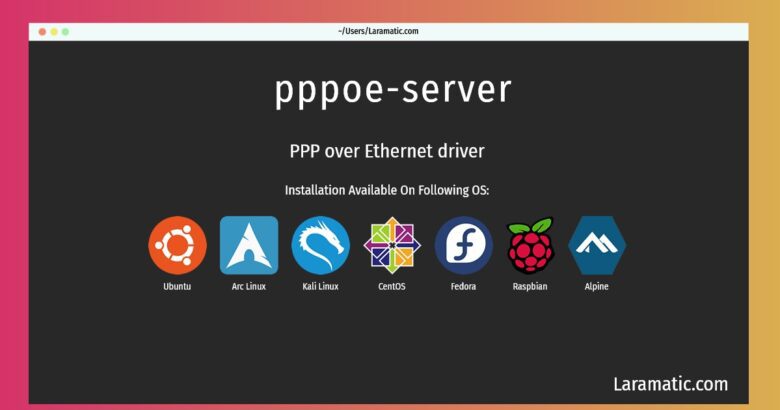How To Install Umask In Debian, Ubuntu, Alpine, Arch, Kali, CentOS, Fedora, Raspbian And MacOS?
umask
Install umask
-
Debian
apt-get install execlineClick to copy -
Ubuntu
apt-get install execlineClick to copy -
Alpine OS
apk add bashClick to copy -
Arch Linux
pacman -S bashClick to copy -
Kali Linux
apt-get install execlineClick to copy -
CentOS
yum install bashClick to copy -
Fedora
dnf install bashClick to copy -
Raspbian
apt-get install bashClick to copy -
macOS
brew install bashClick to copy
Manage the read/write/execute permissions that are masked out (i.e. restricted) for newly created files by the user.
How to use umask?
Below are few example commands for umask that you can use in the terminal.
Display the current mask in octal notation:umaskClick to copyDisplay the current mask in symbolic (human-readable) mode:umask -SClick to copyChange the mask symbolically to allow read permission for all users (the rest of the mask bits are unchanged):umask a+rClick to copySet the mask (using octal) to restrict no permissions for the file's owner, and restrict all permissions for everyone else:umask 077Click to copy
Installation of latest umask command is available for Debian, Ubuntu, Alpine, Arch, Kali, CentOS, Fedora, Raspbian and macOS. You can copy the command for your OS from above and paste it into your terminal. Once you run the command it will download the 2024 latest package from the repository and install it in your computer/server.

